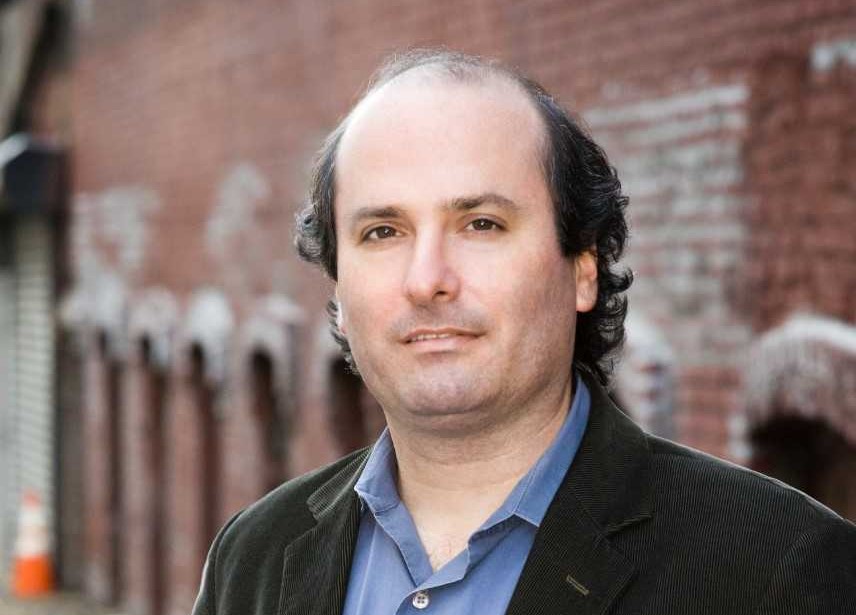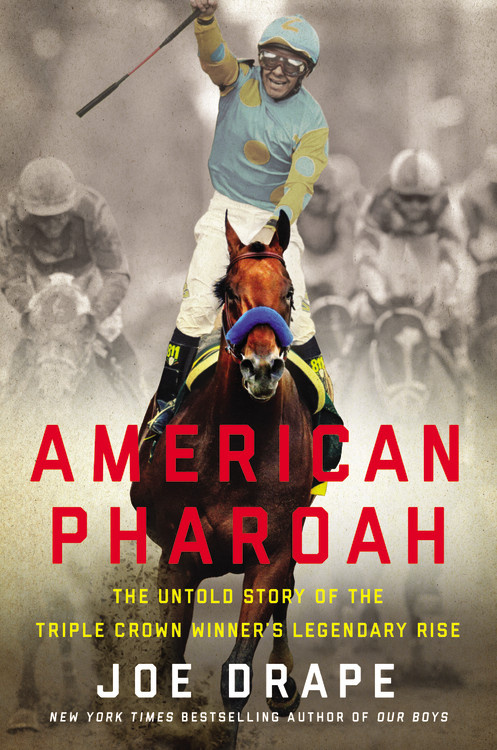
Tweetables by David Grann (@DavidGrann):
“I think the real trick is telling stories chronologically, letting them unfold as they really happened.”
“I’d rather find the story and excavate it than make it up.”
“I think every story is a struggle and a puzzle.”
It’s The Creative Nonfiction Podcast, the show where I talk to the best artists about telling true stories and tease out origins, tactics, and habits so you can apply those tools of mastery to your own work.
Welcome, CNFers, my CNFbuddies, oh, I’m feelin’ good today and, boy, do I have a treat for you. But first, if you don’t subscribe to the show, go and get it on Apple Podcasts, Google Play Music, Stitcher, and soon Spotify and join our little tribe in this true story corner of the Internet. Continue reading “Episode 99—David Grann on ‘The Killers of the Flower Moon” and Why Every Story is a Struggle”

